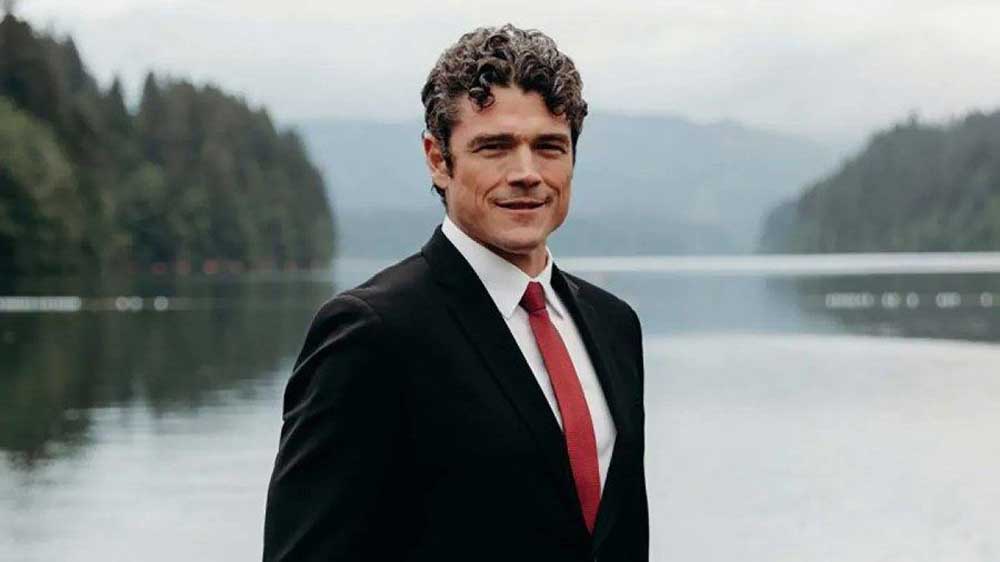OPINION: Accountability goes both ways in fixing Oregon’s education funding
Published 9:00 am Thursday, February 20, 2025

- LANENGA
Oregon grapples with significant disparities in the quality and outcomes of its public education system. One crucial factor contributing to these challenges is the lack of reciprocal accountability.
Trending
Reciprocal accountability means holding both the state and local school districts accountable for the outcomes produced by investments in education, particularly in addressing achievement gaps and ensuring that all students have the resources they need to be successful.
Rising pension costs without increased pension benefits, fluctuating revenue projections, caps on special education funding, and shifting political priorities have led to instability and uncertainty in how much funding will be available from one year to the next.
This makes long-term planning difficult for school districts and erodes trust in the system.
Trending
In practical terms reciprocal accountability could take several forms:
Improved Distribution of Resources: The state should ensure that funding is allocated based on student need. Research from the Education Law Center ranks Oregon’s funding distribution as regressive and dead last when compared to other states. High poverty districts receive 23% less per pupil than low-poverty districts. This is wrong.
Transparency in Funding Use: Schools and districts are already required to show how they are using the funds they receive through standardized reporting. This data should be frequently reviewed and analyzed with findings shared publicly by the Oregon Department of Education.
Clear Accountability Measures: Schools should be held accountable for student outcomes—graduation rates, test scores, college readiness—but the state must also be held responsible for its role in fostering a funding system that supports those outcomes. If a school struggles due to the lack of resources, it is not solely the fault of that district; the state has a role in addressing these disparities.
Community and Educator Involvement: Teachers, parents, and community leaders often have the clearest insights into the specific needs of students, and their input can help ensure that funds are used in ways that directly benefit student success. Those on the ground doing the work need a larger seat at the table.
For Oregon to fully embrace reciprocal accountability, the state must move beyond merely allocating funding. It must ensure enough is allocated to foster success and at the same time work with school districts to make certain that high impact strategies are used to drive positive outcomes for students.
Education funding should be seen as an ongoing, dynamic investment and conversation between the state, school districts, educators, and families—one that adapts to changing needs and challenges.
Education should not be subject to the whims of economic volatility or political gamesmanship. An improved, transparent, clear, and involved funding system built on reciprocal accountability would help school districts make the needed investments to ensure student success.
Every student, regardless of background or location, should have the opportunity to succeed.
Ali Lanenga is a director on the Riverdale School Board, Position 4. She is a graduate student at Oregon State University studying public policy and the mother of two daughters, one of which is Oregon’s 2025 Kid Governor.







